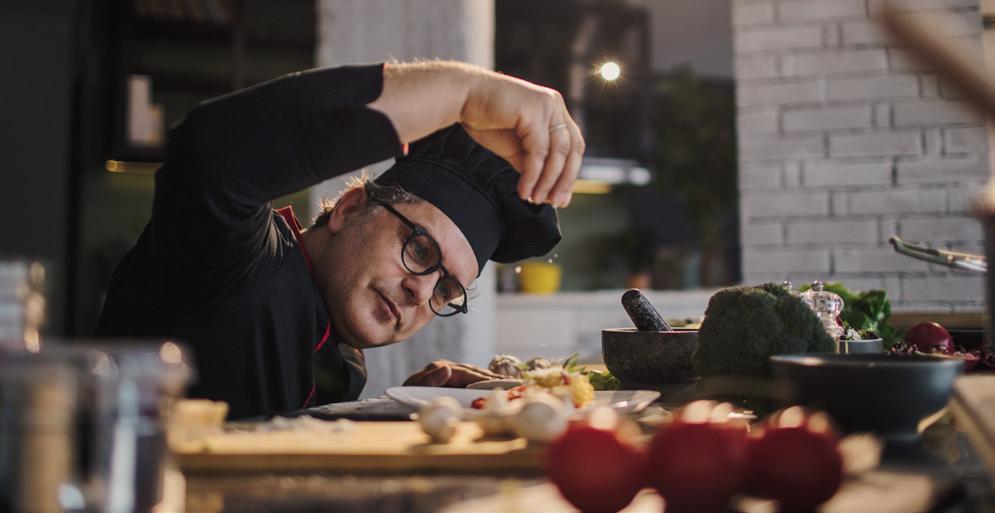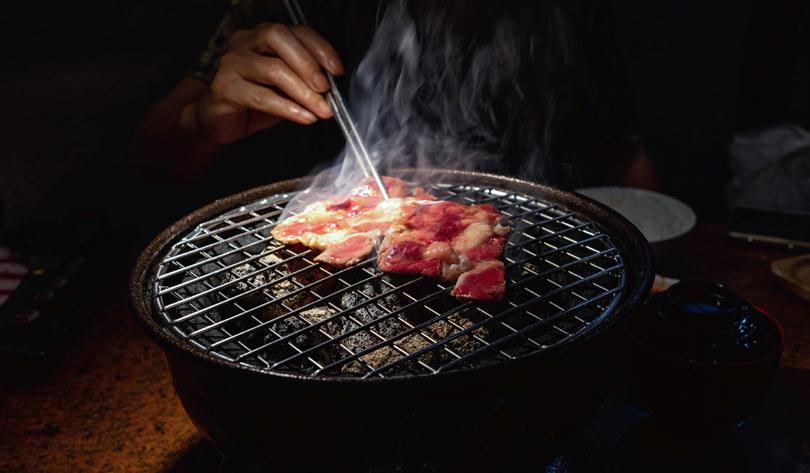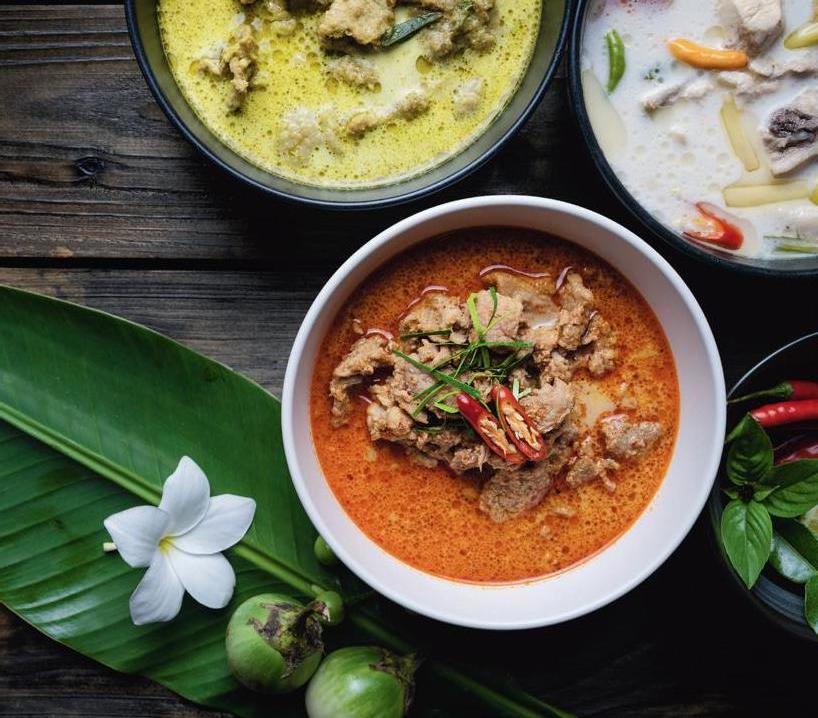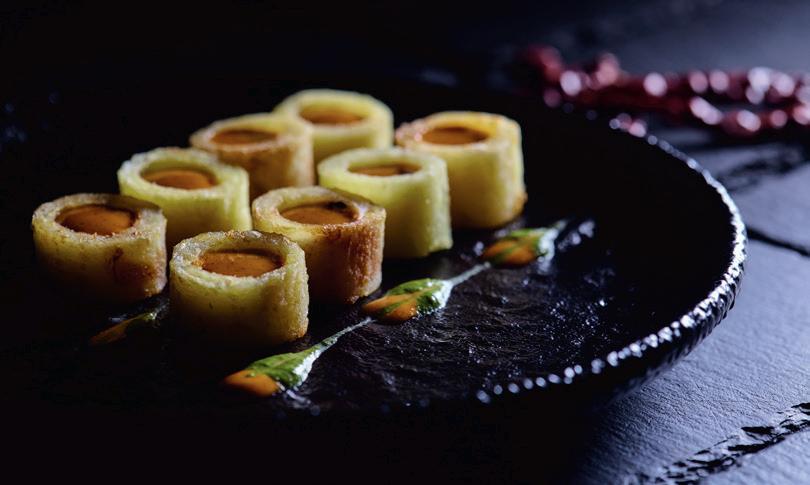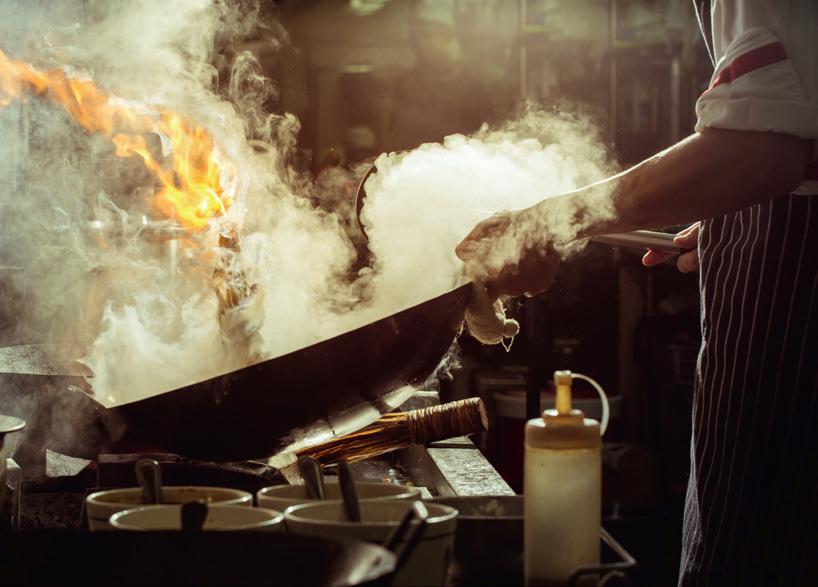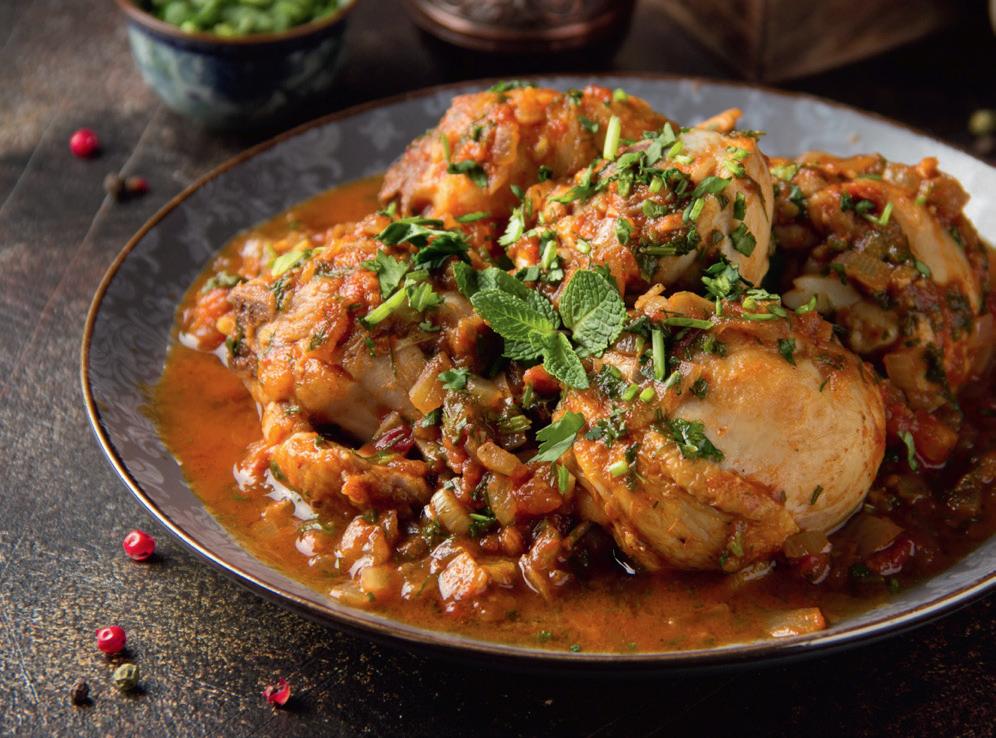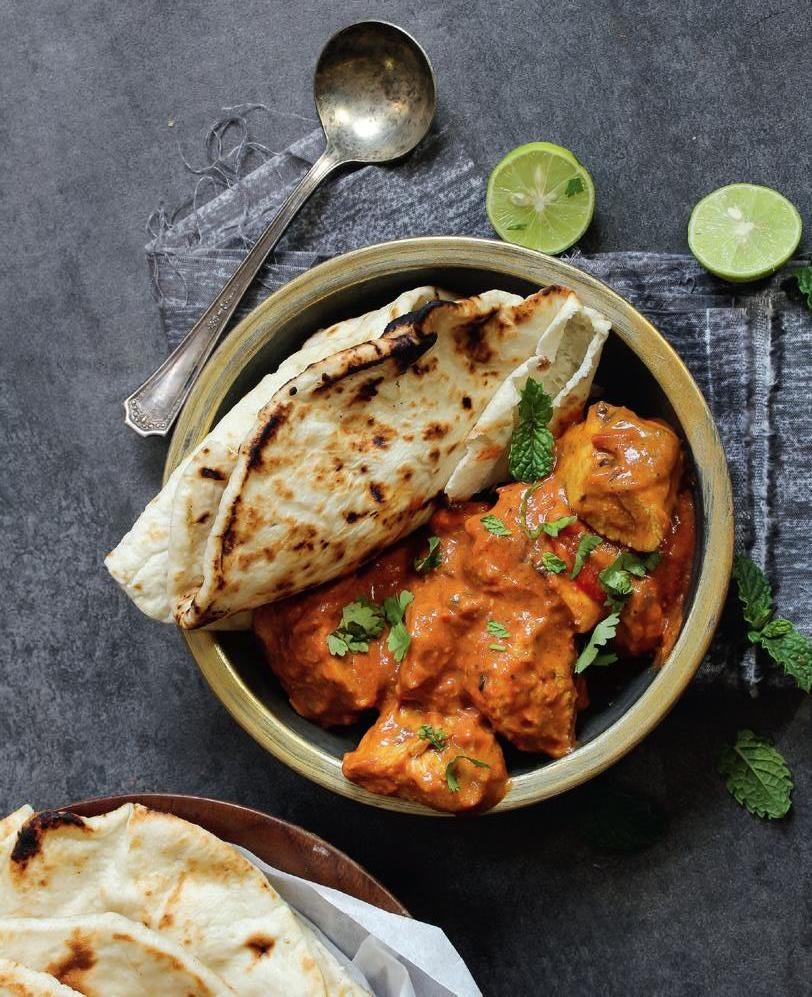W h a t’s o n t h e m e n u ?
J A PA NE S E With its focus on seasonal produce and elegant presentation, Japanese cuisine is a celebration of fresh and delicate flavours.
Rice, wheat, and soybeans have been staples
FUN FACT:
of Japanese cuisine, known as washoku, for centuries, and still hold a special place in
Did you know? Tokyo is the city with the most
modern cooking.
Michelin-starred restaurants in the world.
As an island nation, fish has been a leading source of protein in Japanese cooking for
Japanese cuisine is typically flavoured
hundreds of years.
with dashi, soy sauce, miso, and vinegar,
The use of fish in Japanese cuisine was
and dishes are commonly garnished with
also influenced by the country’s Buddhist
wasabi, daikon or nori.
traditions, which date back to as early as
While fresh is often paramount, Japanese
the sixth century, and discouraged eating
cuisine comprises a range of cooking styles
beef and other meats.
including deep-fried tempura, glazed
In fact, the consumption of red meat was
teriyaki chicken, pickled vegetables, and
banned in Japan until the 1800s.
cold-dressed noodles.
Traditional Japanese cuisine is said to
Sushi is arguably the most recognisable
focus on serving food as fresh as possible
Japanese dish around the world, but other
such as sashimi, a Japanese delicacy of
popular fare includes ramen noodles,
fresh fish or meat sliced finely and served
yakitori chicken, and okonomiyaki, which is
with sauces.
a savoury pancake. There are also distinctly Japanese beverages that are part of the country’s cuisine such as green tea and sake, an alcoholic drink made from fermented rice. Japan has also carved out its own styles of beer and whisky, which have gained global attention in recent decades. Find Japanese cuisine in Camberwell C A MB E R W E L L S HOP P I NG .C OM. A U
12

